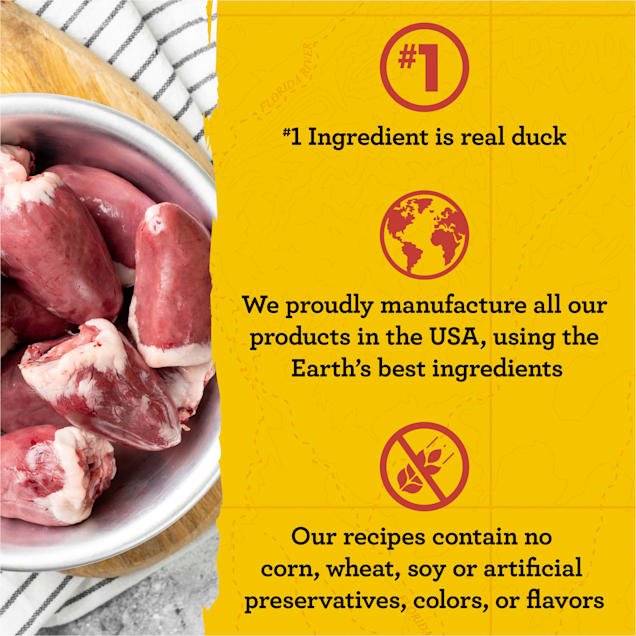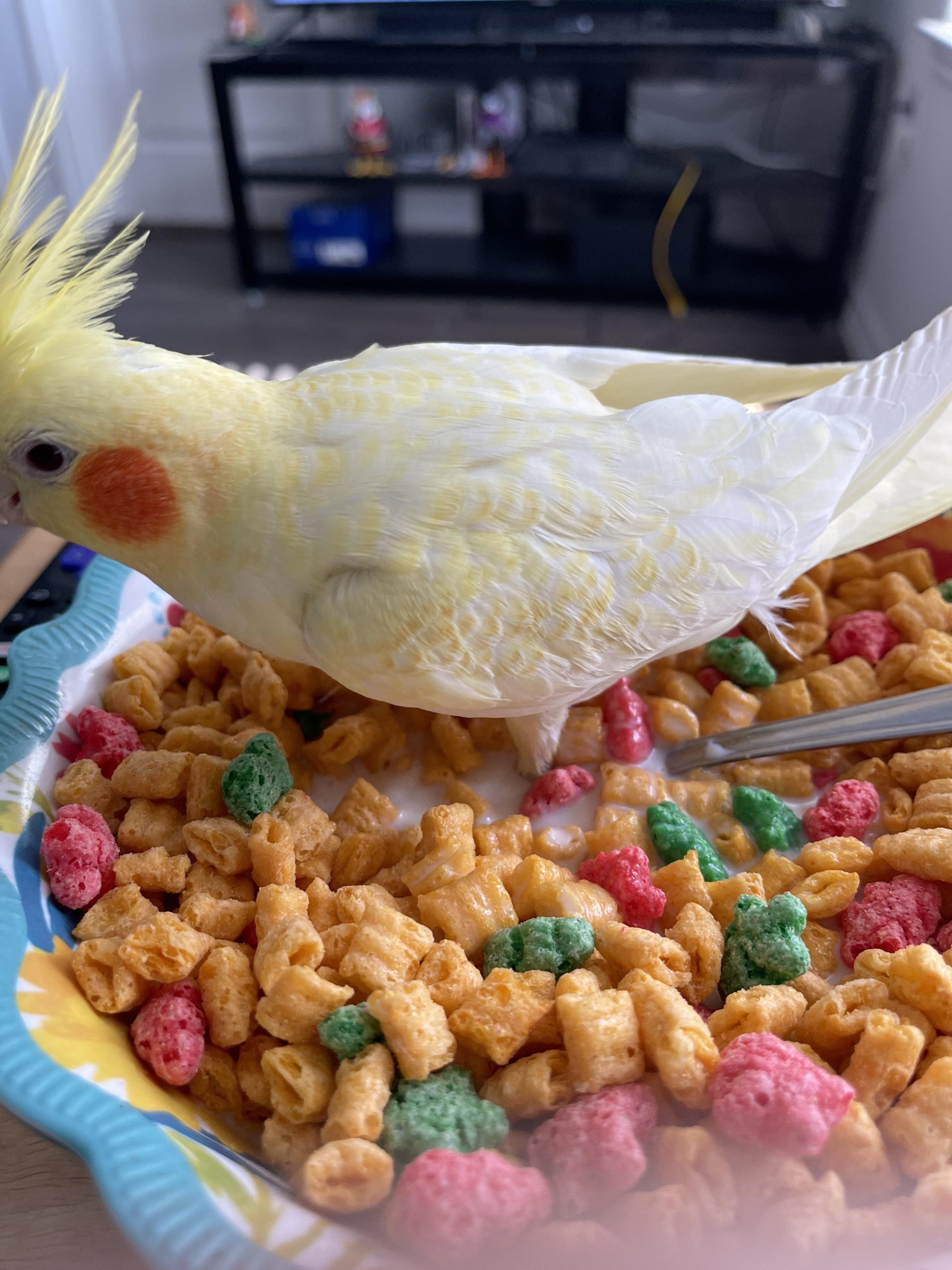Cockatiels are small and colorful birds that are beloved by many as pets. As an owner, it’s essential to provide them with a well-balanced diet to ensure their overall health and happiness. One common question that often arises is whether cockatiels can eat corn. In this article, we will explore this topic and provide you with the information you need.

Credit: www.amazon.com
The Nutritional Value of Corn
Corn is a starchy vegetable that is commonly consumed by humans. It contains various nutrients such as carbohydrates, fiber, and vitamins. While corn can be a good source of energy for humans, it is not an ideal food for cockatiels due to their specific dietary needs.
Why Corn Is Not Ideal for Cockatiels
Cockatiels have unique digestive systems that require a diet rich in protein and healthy fats. While corn does contain some protein, it lacks the essential amino acids that cockatiels require for their well-being.
In addition, corn has a high starch content, which can lead to weight gain and other related health issues for cockatiels. Obesity can have serious consequences on their overall health and lifespan.

Credit: www.petco.com
Alternative Foods for Cockatiels
Instead of feeding corn to your cockatiel, it’s essential to focus on providing a diet consisting of foods that meet their nutritional needs. Here are some suitable alternatives:
Fruits:
- Apples
- Berries
- Melons
- Grapes (seedless)
Vegetables:
- Leafy greens (spinach, kale, broccoli leaves)
- Carrots
- Peppers
- Cucumbers
Protein:
Protein is crucial for your cockatiel’s health. You can provide it through food sources such as:
- Seeds and nuts (in moderation)
- Boiled eggs
- Lean cooked meat (chicken, turkey)
Feeding Tips for Cockatiel Owners
When feeding your cockatiel, it’s essential to keep a few tips in mind to ensure they receive a balanced diet:
- Variety: Offer a wide range of fruits, vegetables, and protein sources to give your bird a diverse diet.
- Portion Control: Cockatiels have small stomachs, so be mindful of serving sizes to prevent overeating. Offer food in small amounts and remove any uneaten food after a few hours.
- Freshness: Ensure that the fruits and vegetables you provide are fresh and free from any pesticides. Wash them thoroughly before feeding.
- Clean Water: Always provide your cockatiel with clean and freshwater. Change it daily to maintain hygiene.
- Consult an Avian Vet: If you have concerns about your cockatiel’s diet or health, it’s best to seek advice from an avian vet who can provide personalized recommendations.
Frequently Asked Questions For Can Cockatiels Eat Corn? Discover The Surprising Truth
Can Cockatiels Eat Corn?
Yes, cockatiels can eat corn, but it should be served in moderation. Corn is a good source of carbohydrates and fiber for them.
Is Corn Safe For Cockatiels?
Yes, corn is generally safe for cockatiels to consume. However, it should be given as an occasional treat rather than a regular part of their diet.
How Should I Feed Corn To My Cockatiel?
You can feed corn to your cockatiel by boiling or steaming it and then letting it cool down before serving. Make sure to remove the kernels from the cob to prevent choking hazards.
Are There Any Health Benefits To Feeding Corn To Cockatiels?
Corn provides essential nutrients like carbohydrates, fiber, and some vitamins to cockatiels. However, it should be given in moderation to ensure a balanced diet.
Conclusion
While corn is safe for cockatiels in small amounts, it is not an ideal food due to its high starch content and lack of essential nutrients. Providing a well-balanced diet that includes a variety of fruits, vegetables, and protein sources is essential for the overall health and well-being of your cockatiel. By offering a diverse diet and following the feeding tips mentioned in this article, you can ensure that your feathered friend stays happy, healthy, and thriving.

